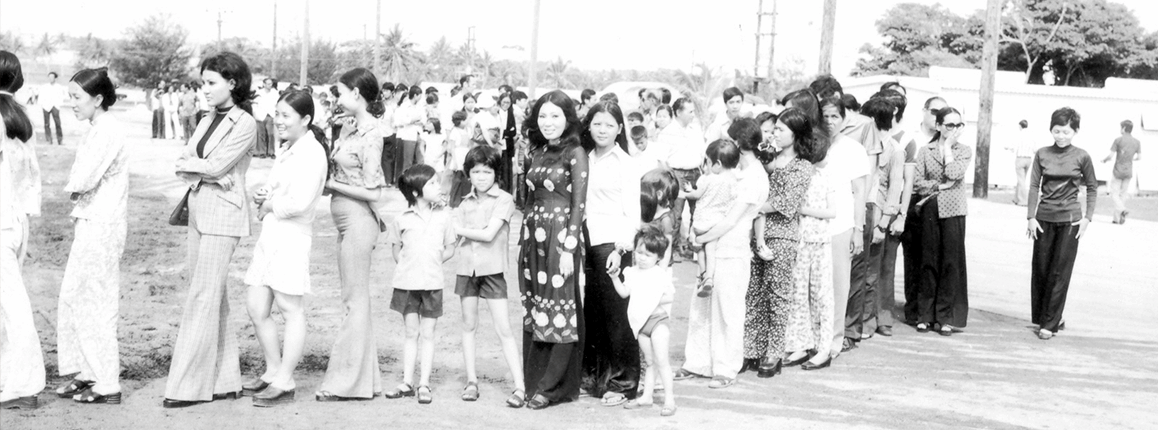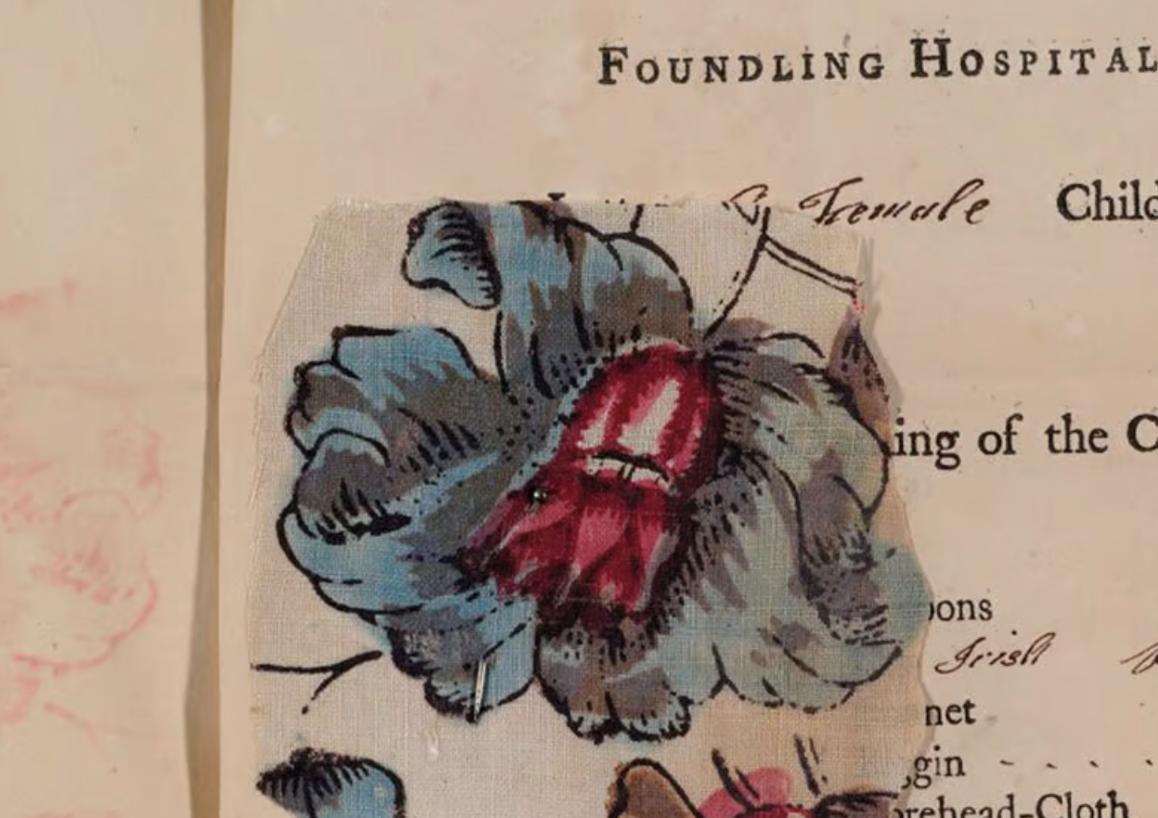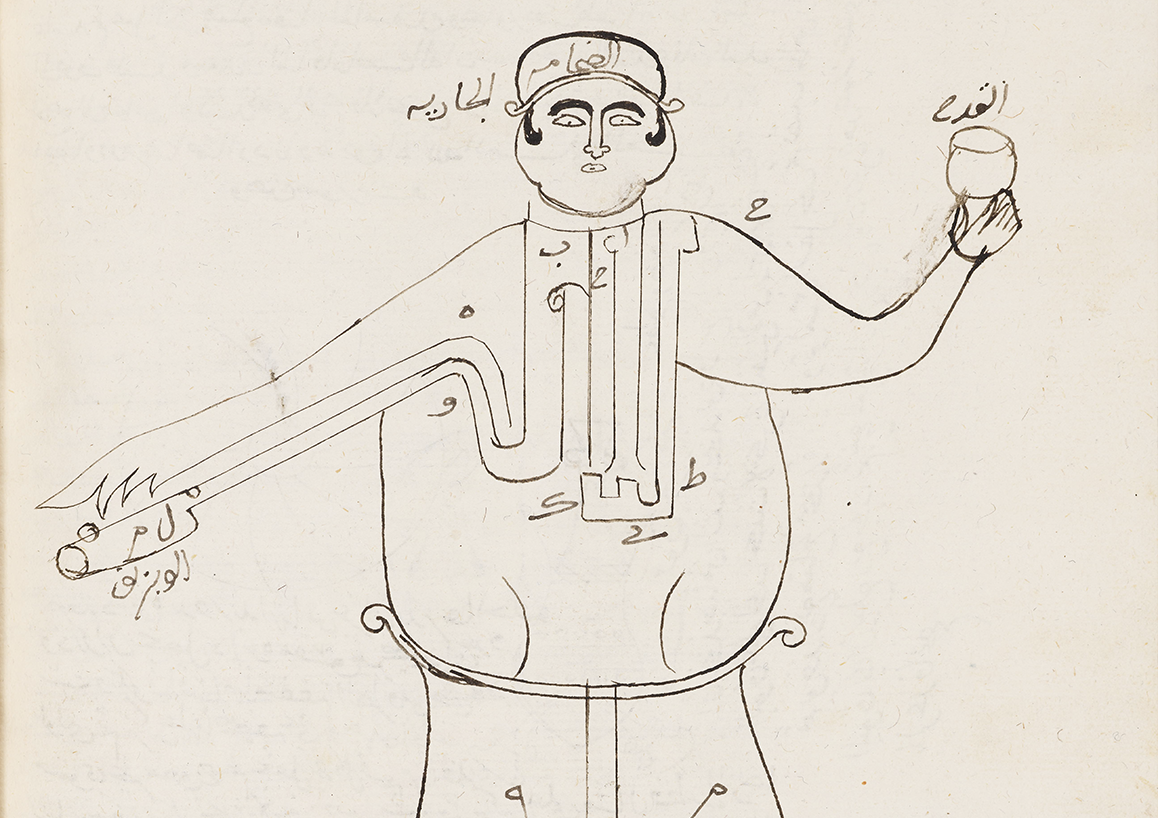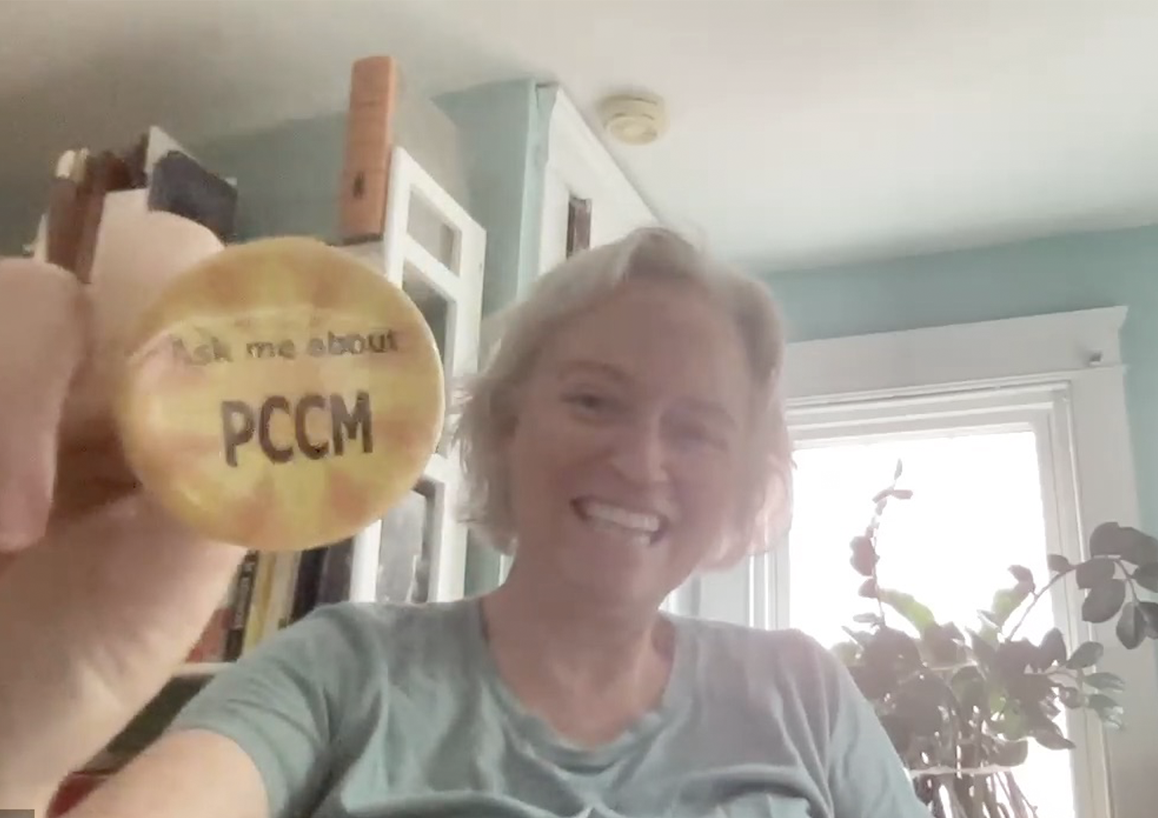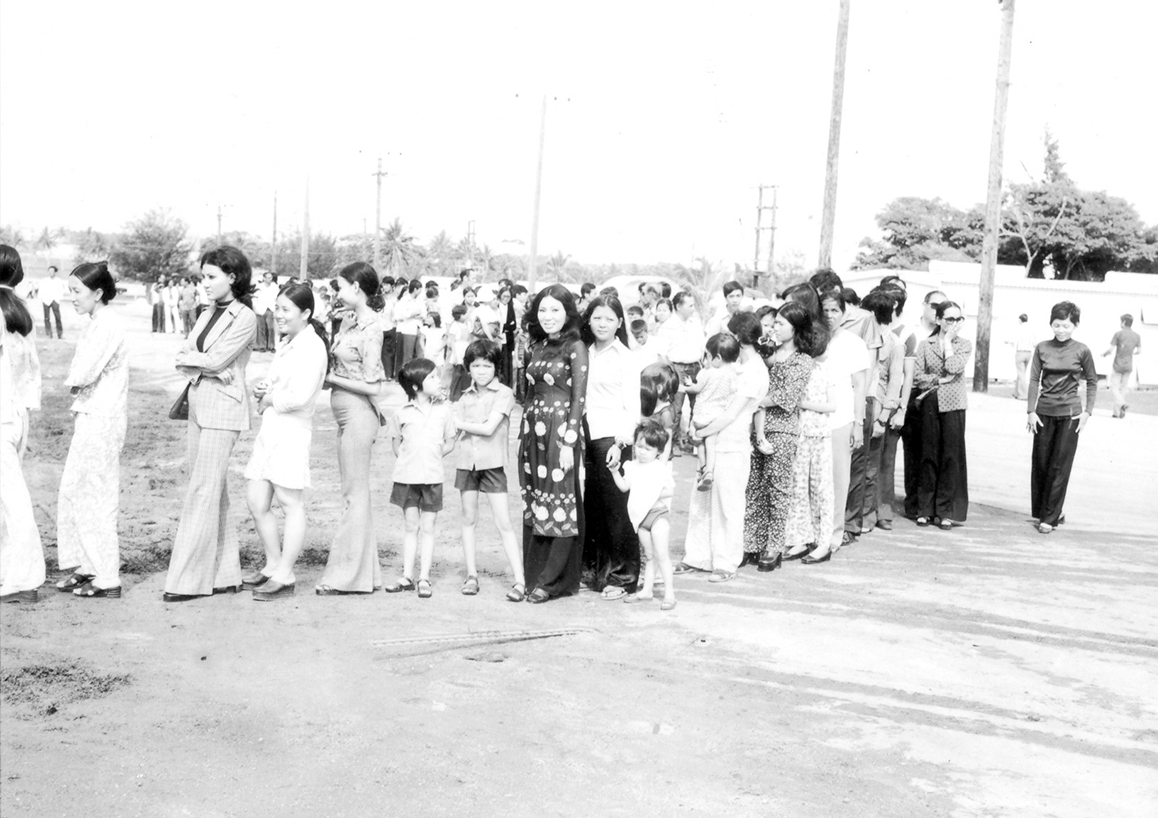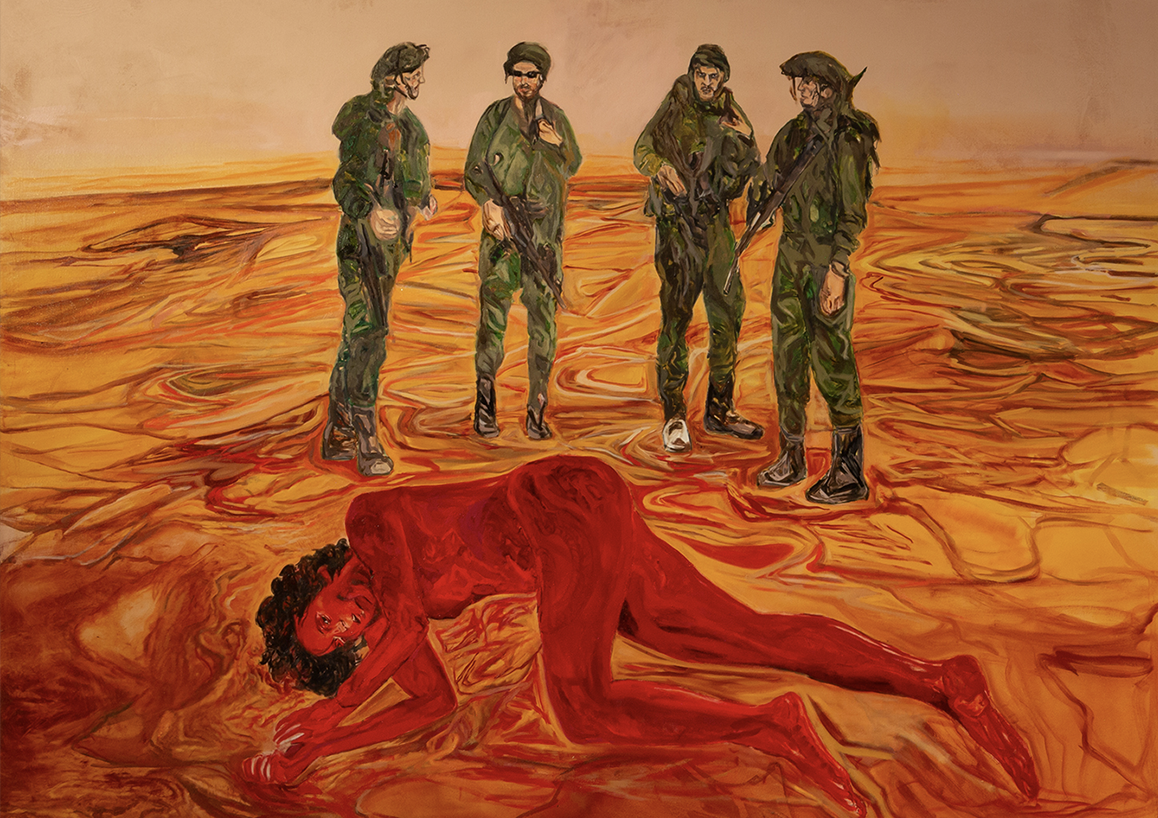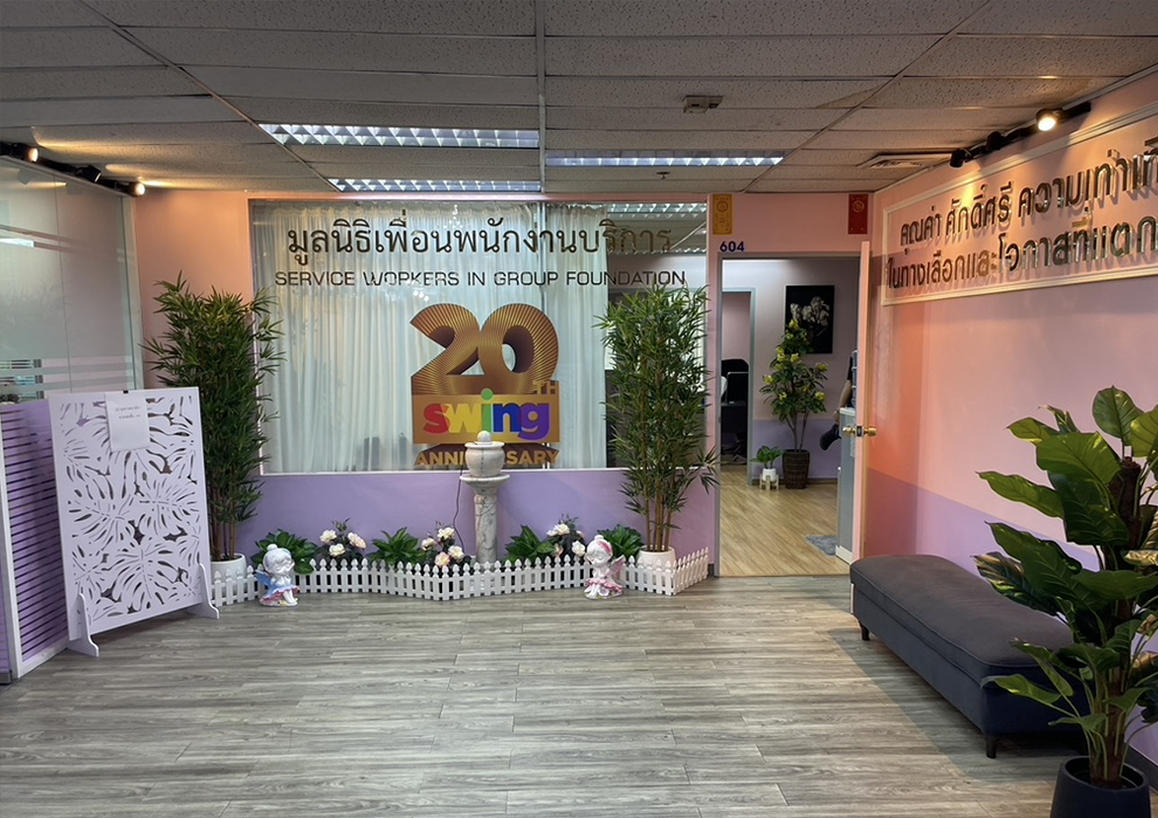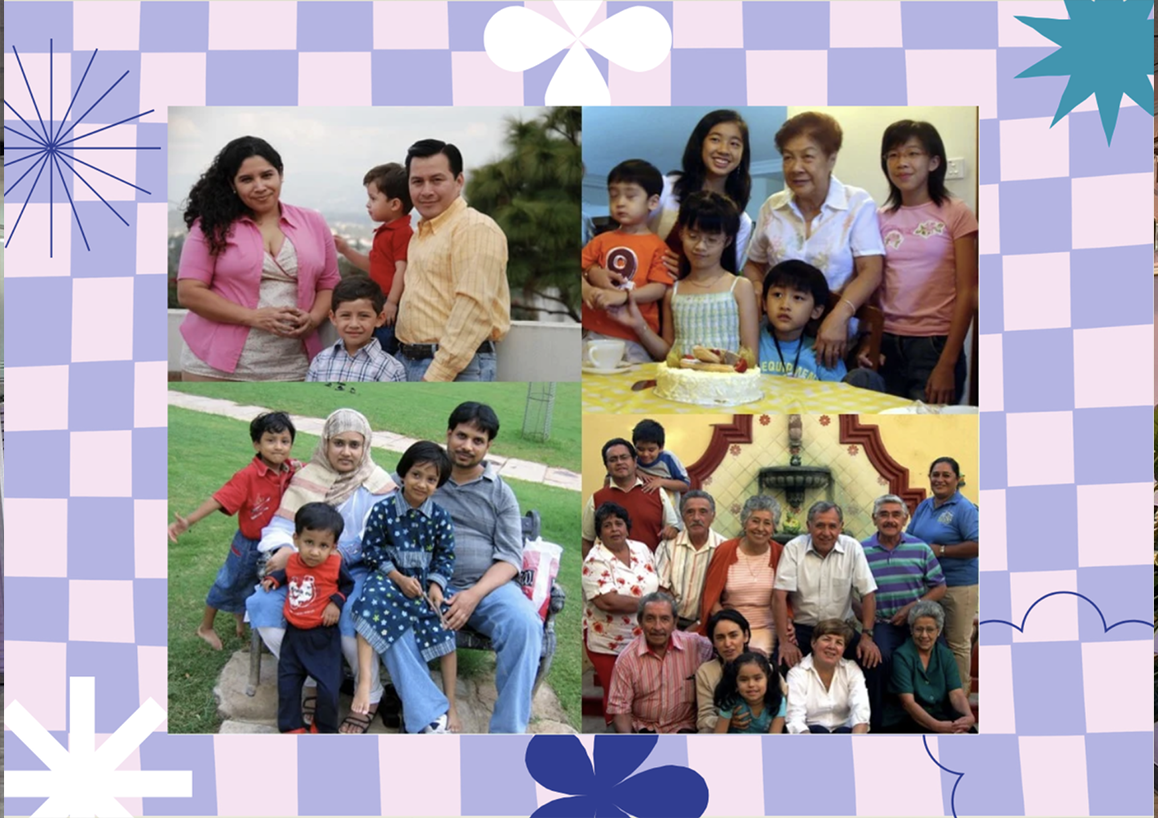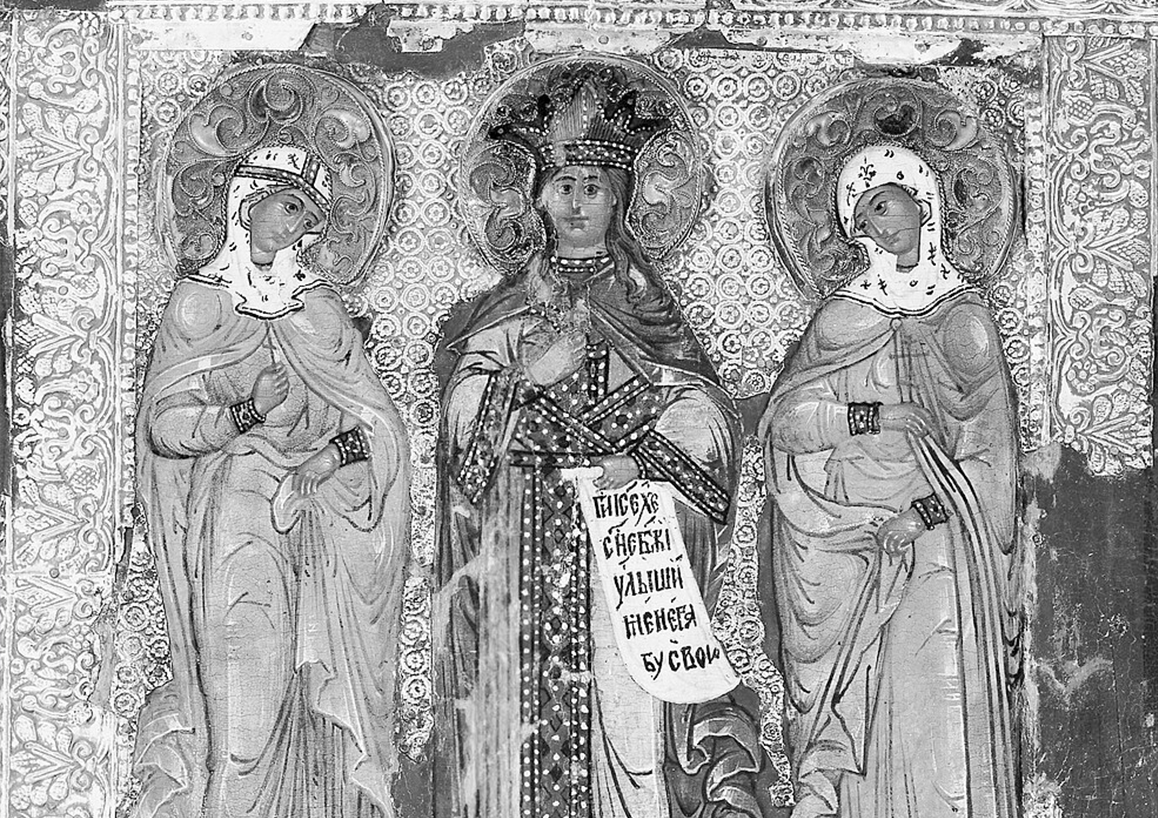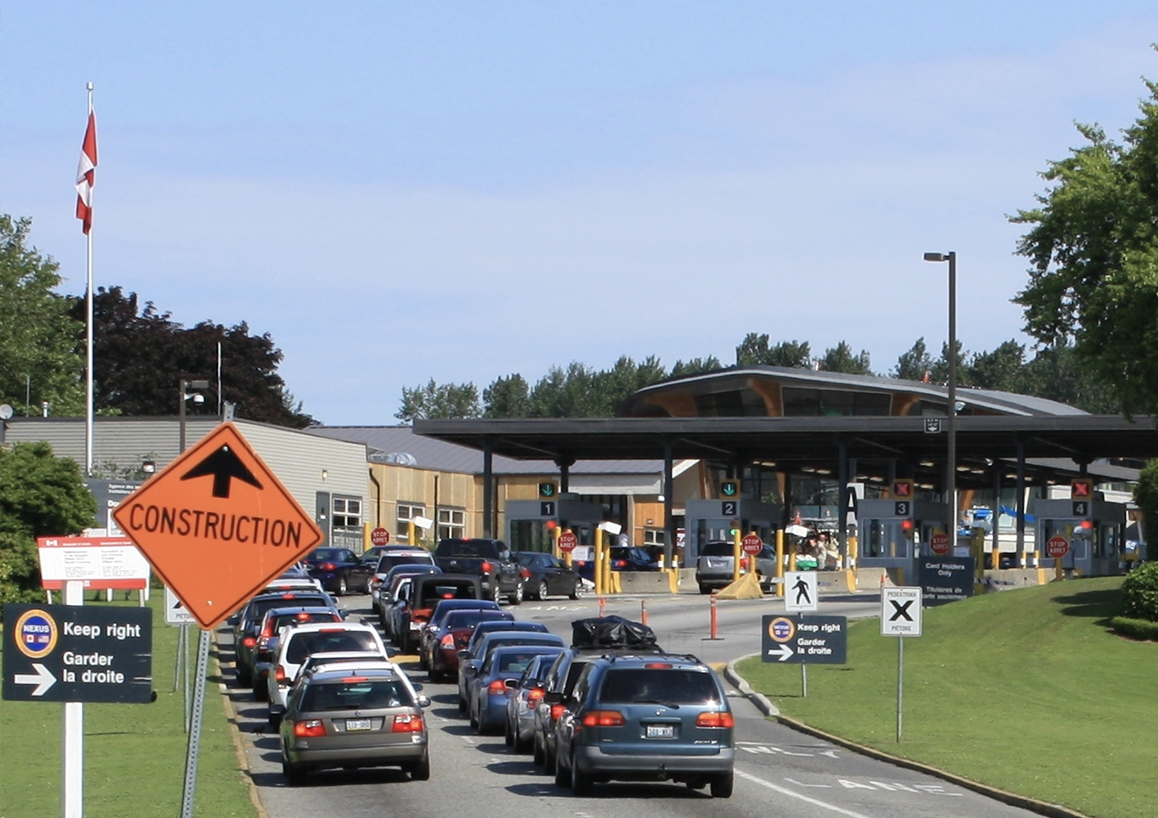Each year the UCLA Center for the Study of Women|Streisand Center funds research dedicated to finding solutions to the most vital social issues facing people of all genders. We fund faculty and student research , as well as events, programming, and publications that distribute their work to a wider audience.
Learn more about faculty support opportunities.
Current Projects
The Salvaging Disposition: Waste and the Novel Form
Cass Turner
The project analyzes The Salvaging Disposition: Waste and the Novel Form, a book about acts of re-use and reclamation in eighteenth-century British novels. It shows that the novel emerged over the course of the eighteenth century as a form for managing the waste generated by a rapidly shifting economy.
The Feminized Robot as Palimpsest
Lamia Balafrej
The project examines the transhistorical trope of the feminized robot by comparing contemporary digital assistants to premodern Arabic automata, highlighting their roots in gendered labor and the histories of enslaved women.
How Did They Change Women’s Health? Can We?
Naomi Zewde
The project investigates how a coalition of legal activists, bureaucrats, and legislators successfully removed private insurers from a state’s safety net healthcare system—improving birth outcomes—and explores how their strategy might be replicated elsewhere.
Intergenerational Memories of Operation New Life: A Feminist Refugee Approach to Vietnamese American Narratives in Guåhan
Evyn Lê Espiritu Gandhi
The project uses a feminist refugee framework to explore how Vietnamese American refugees and their descendants remember resettlement in Guåhan, highlighting intergenerational narratives, farming practices, and their relationship to Chamoru land and decolonization.
Althusser’s Feminist Letters
Eleanor Kaufman
The project examines the extensive archival correspondence between French political philosopher Louis Althusser and two Italian women: Maria Antonietta Macciocchi (1922-2007), a prominent feminist and politician; and Franca Madonia (1926-1981), a translator and intellectual.
Needles in the Eye: Refusal and the Necropolitics of Cultural Production
Gelare Khoshgozaran
The collaborative project engages diverse methodologies of refusal as feminist praxis through a transnational and abolitionist approach. Its inaugural phase features a collection of commissioned essays authored by an international group of queer feminist artists, writers, and academics whose practices(s) are deliberately tied to their political liberation.
Testing a Stigma Reduction Intervention among Transgender Women Living with HIV in Bangkok, Thailand
Wei-Ti Chen
This study pilots a culturally grounded stigma reduction intervention for transgender women living with HIV in Bangkok, using Buddhist-Thai principles to improve care engagement and reduce internalized stigma through a randomized controlled trial.
Care as Resistance: Gendered Immigrant Networks and Practices in Immigrant Families
Tatiana Londoño
This project explores how these gendered care networks foster collective resilience and well-being among immigrant families, with a particular focus on amplifying the voices and experiences of women and gender-diverse caregivers.
How to Make a Saint: the Narrative and the Normative in Medieval Biographies of Holy Women
Arvind Thomas
This project argues that medieval biographies of holy women used narrative structure—not just content—to actively shape ecclesiastical norms and gendered expectations, thereby participating in the very process of saint-making in the High and Late Middle Ages.
The Affective Production of “Concern”: Gendered Surveillance and Humanitarianism at the U.S. Northern Border
Lee Ann Wang
This project examines the relationship between law and emotions at the Northern U.S. border, focusing on the affective production of “concern” produced by federally funded and state managed caller hotlines that propose to simultaneously punish unauthorized border crossing and protect the gendered migrant subject from severe forms of human trafficking.

